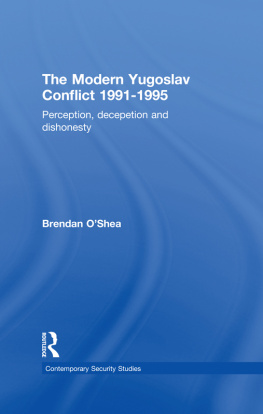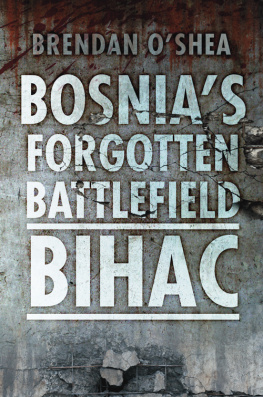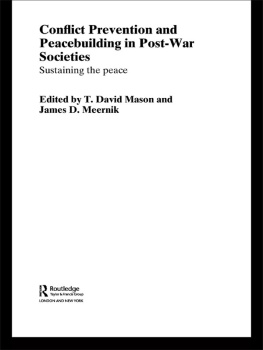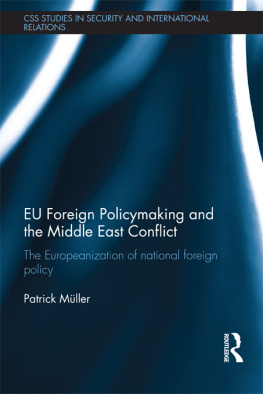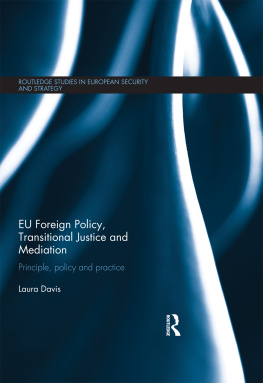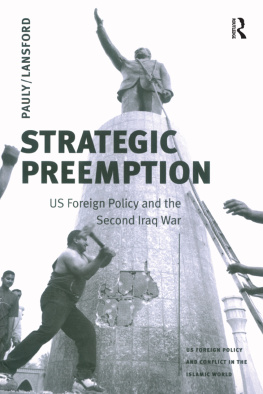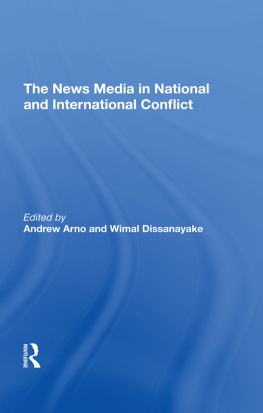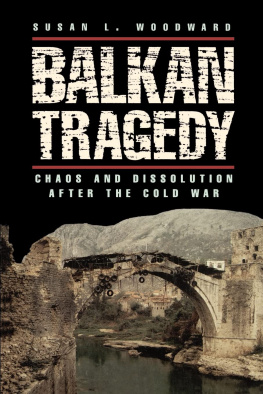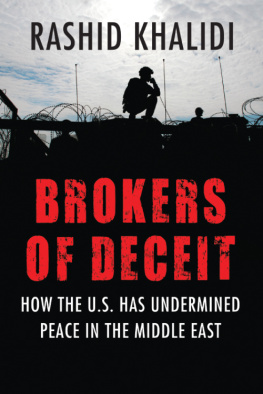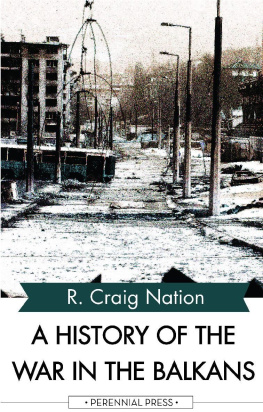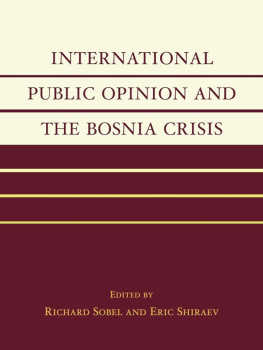THE MODERN YUGOSLAV CONFLICT 19911995
In this book the author bridges the gap between the common perception of the modern Yugoslav conflict as portrayed in the media and the actual grim reality with which he was dealing as a European Monitor on the ground. Drawing on original source material from both the United Nations (UN) and the European Community Monitor Mission (ECMM), he critically re-examines the programme of violence which erupted in 1991 and eventually culminated in 1995 in the vicious dismemberment of a sovereign federal republic with a seat at the United Nations General Assembly. In doing so, he highlights the duplicitous behaviour of all parties to the conflict; the double standards employed throughout by the United States in its foreign policy; the lengths to which the Sarajevo government manipulated the international media to promote a victim status; the contempt in which UN peacekeepers were ultimately held by all sides; and the manner in which Radovan Karadzic was sacrificed at the altar of political expediency when the real culprits were Slobodan Milosevic and his acolyte, General Ratko Mladic. This book, the first comprehensive evaluation of the conflict by an EU Monitor, tells the story of the modern Yugoslav conflict, 19911995, from the unique perspective of one who was there, drawing on all of the authors published work to date.
Brendan OShea is an officer of commandant rank (major) in the Irish Defence Forces, with 29 years military service. He served in the Former Yugoslavia with the ECMM and later with the Organisation for Security and Co-operation in Europe (OSCE) as an international election observer. He has also served on a number of occasions with the United Nations in the Middle East and holds a Ph.D. in History from University College Cork where he teaches Humanitarian Law and Humanitarian Intervention.
CASS CONTEMPORARY SECURITY STUDIES SERIES
MILITARY STABILITY IN EUROPE
The CFE treaty
Jane M. O. Sharp
MACMILLAN, KHRUSHCHEV AND THE BERLIN CRISIS, 19581960
Kathleen Newman
US NUCLEAR NON-PROLIFERATION POLICY 19891997
Tess Oxenstierna
NATOS SECRET ARMY
Operation Gladio and terrorism in Western Europe
Daniel Ganser
THE US, NATO AND MILITARY BURDEN-SHARING
Stephen Cimbala and Peter Forster
RUSSIAN GOVERNANCE IN THE TWENTY-FIRST CENTURY
Geo-strategy, geopolitics and governance
Irina Isakova
THE FOREIGN OFFICE AND FINLAND 19381940
Diplomatic sideshow
Craig Gerrard
RETHINKING THE NATURE OF WAR
Edited by Isabelle Duyvesteyn and Jan Angstrom
THE MODERN YUGOSLAV CONFLICT 19911995
Perception, deception and dishonesty
Brendan OShea
First published 2005
by Frank Cass
2 Park Square, Milton Park, Abingdon, Oxon OX14 4RN
Simultaneously published in the USA and Canada
by Frank Cass
270 Madison Ave, New York, NY 10016
Frank Cass is an imprint of the Taylor & Francis Group
Transferred to Digital Printing 2005
2005 Brendan OShea
All rights reserved. No part of this book may be reprinted or reproduced or utilised in any form or by any electronic, mechanical, or other means, now known or hereafter invented, including photocopying and recording, or in any information storage or retrieval system, without permission in writing from the publishers.
British Library Cataloguing in Publication Data
A catalogue record for this book is available from the British Library
Library of Congress Cataloging in Publication Data
OShea, Brendan
The Modern Yugoslav Conflict, 19911995 : perception, deception and dishonesty / Brendan OShea.1st ed.
p. cm.
Includes bibliographical references and index.
1. Yugoslav War, 19911995. 2. Just war doctrine. I. Title.
DR1313.O83 2005
949.703dc22
2004013320
ISBN 0-415-35705-5
Having established that Yugoslavia was a big lie, the Great Manipulators and their well equipped teams (composed of writers, journalists, sociologists, psychiatrists, philosophers, political scientists, and generals!) began the process of dismantling the big lie. And then they stopped to rest from their work and suddenly noticed that the country was still whole. So then they set about dismantling the country. But in order to awaken the dormant national consciousness it was necessary quickly to establish differences: in what way were we different, that is better than them. Colleagues, university teachers, linguists, journalists, writers, historians, psychiatrists, worked fervently in the teams to secure the dormant, lost, repressed national identity
New words began to enter the language of the media; ethnically clean (territory, team, side, workforce) as opposed to ethnically unclean ones. Clean and Unclean quickly spread to the dirty war with accompanying formulations (cleansing terrain, ethnic cleansing). Every day new maps of Yugoslavia surfaced in the media with differently coloured patches: everyone experienced some colour and patch as threatening. And of their own accord people began to proffer their own behinds, asking the Great Manipulators (the fathers of their nation, their defenders, their leaders) to brand them.
Dubravka Ugresic, The Culture of Lies

